by: Jared Kopel
In a significant decision, the Delaware Chancery Court on December 19, 2018 held that certificates of incorporation in Delaware-chartered companies cannot have forum selection provisions requiring shareholder actions under the Securities Act of 1933 to be filed in federal court. In Sciabacucchi v. Salzberg, C.A. 2017-0931-JTL, slip op. (Del. Ch. Dec. 19, 2018), Vice Chancellor J. Travis Laster drew an important distinction between internal-affairs claims, such as derivative actions, which may be regulated by forum selection provisions, and external-affairs claims, such as actions under the 1933 Act, in which the plaintiff happens to be a stockholder but which concern the corporation’s external relationships.
The decision takes on increased importance after the U.S. Supreme Court’s ruling in Cyan, Inc. v. Beaver County Employees Retirement Fund, 138 S. Ct. 1061 (2018), that class actions alleging violations of the 1933 Act may be litigated in state court and cannot be removed to federal court. Cyan concerned the impact of the Securities Litigation Uniform Standards Act (SLUSA) on 1933 Act claims brought in state court. The 1933 Act requires companies offering securities to the public to file registration statements with the SEC and provides a private right of action for investors alleging that the registration statement contained materially false and misleading statements. The 1933 Act provided concurrent jurisdiction in federal and state courts for such claims (unlike claims under the Securities Exchange Act of 1934, which must be filed in federal court).
In 1995, Congress enacted the Private Securities Litigation Reform Act, which imposed limitations on private securities actions in federal court. When it appeared that securities plaintiffs sought to circumvent the new restrictions by resorting to state court, Congress passed SLUSA, which with certain exemptions, prohibited fraud-based securities class actions from being litigated in state court and permitted such actions to be removed to federal court. Defense counsel generally prefer litigating in federal rather than in state court, where discovery is often broader, summary judgment is more difficult to obtain, and state law rather than federal law may govern some claims. The lower federal courts, however, divided on whether SLUSA applied to state-filed class actions alleging 1933 Act claims. Resolving the split, Cyan held that SLUSA did not eliminate state court jurisdiction for 1933 Act class actions.
In Sciabacucchi, three companies – Blue Apron Holdings, Stich Fix and Roku – amended their certificates of incorporation prior to their initial public offerings to require any 1933 Act claims to be filed in federal court. Vice Chancellor Laster held that these provisions were invalid under Delaware law. The Court cited the decision of then Chancellor Strine -- now Chief Justice of the Delaware Supreme Court – in Boilermakers Local 154 Ret. Fund v. Chevron Corp., 73 A. 3d 934 (Del. Ch. 2013), holding that a Delaware corporation could adopt a forum-selection bylaw for internal-affairs claims pursuant to Section 109(b) of the Delaware General Corporation Law (DGCL), which controls what matters bylaws could address. While ruling that Section 109(b) permitted regulation of “internal affairs claims brought by stockholders qua stockholders,” Chief Justice Strine emphasized that the Section did not permit regulation of external corporate relationships and that therefore bylaws could not dictate the forum for tort or contract claims merely because the plaintiff was a stockholder.
Vice Chancellor Laster reasoned that Section 102(b)(1) of the DGCL, which addresses what subjects may be addressed by a certificate of incorporation, must be read in parallel to Section 109(b). Indeed, the Court held that the Delaware legislature in 2015, by adding a new Section 115 to the DGCL, and amending Sections 102 and 109, reinforced the conclusion that certificates and bylaws could regulate only internal-affair claims. Therefore, Section 102(b)(1) must also draw the identical distinction between internal and external affairs claims. Delaware may use corporate law to regulate a corporation’s internal affairs, but not its external relationships, particularly those governed by a different sovereign. A 1933 Act claim, brought under a federal statutory structure, belongs to the purchaser of a security and arises out of the offer or sale of stock, not a corporation’s internal governance. The fact that the plaintiff is a stockholder is merely incidental.
The identical analysis should apply to other external claims, such as product liability and tort claims or other cause of action under federal statutes. These kinds of claims presumably may not be subject to forum selection provisions under Delaware law, whether in a certificate or a bylaw. Nonetheless, the analysis by the Vice Chancellor plainly supports the conclusion that Delaware law permits a certificate of incorporation, as well as bylaws, to require internal-affair claims to be filed exclusively in Delaware Chancery Court.
